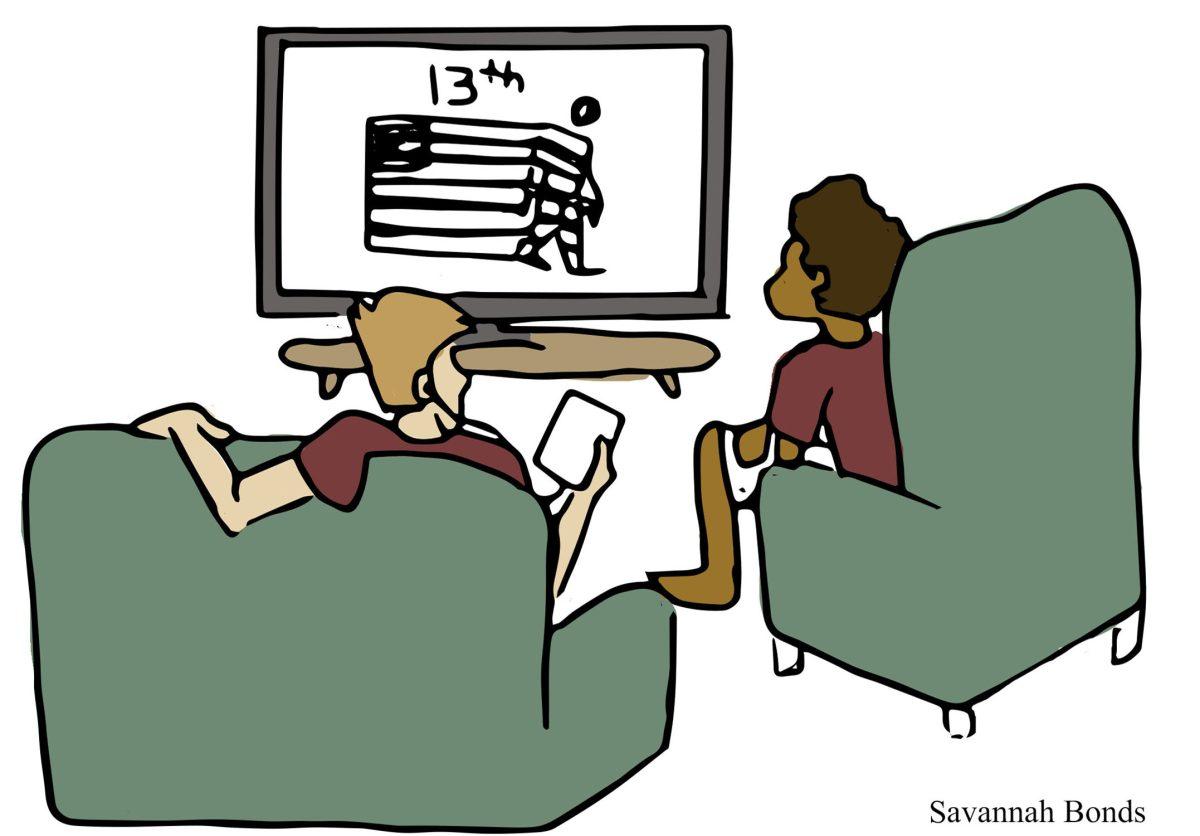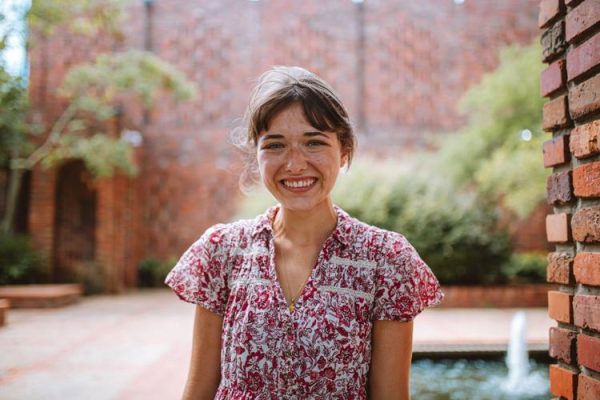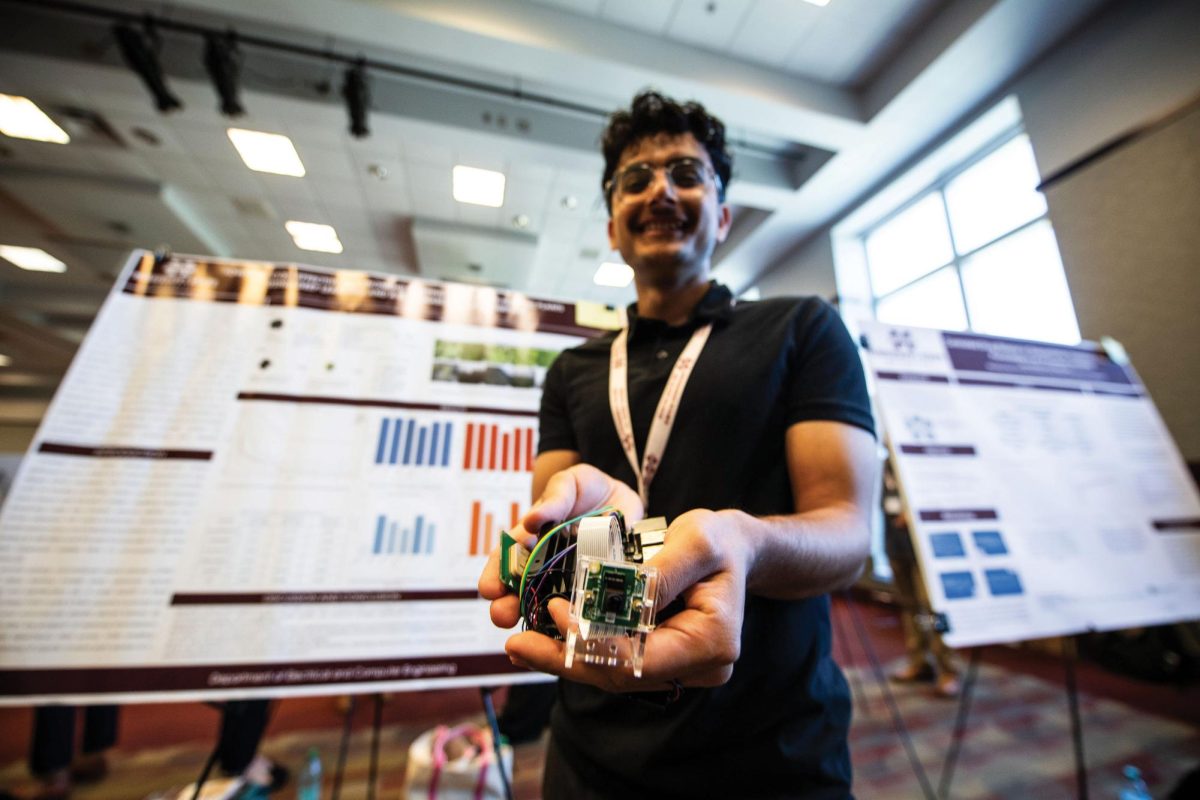Following the deaths of Ahmaud Arbery, Breonna Taylor and George Floyd, conversations about racial injustice in the United States have dominated politics, education, social media and the homes of American citizens. These conversations have bled over into media of all types, including books, podcasts, documentaries and movies. Streaming services such as Netflix, Disney Plus and Hulu have promoted entertainment that details the Black experience.
Here in Starkville, Mississippi State University students have also sought out media in pursuit of education on racial injustice.
Safaa Siddiqui is a senior at MSU pursuing a degree in anthropology. Siddiqui explained her background in anthropology, specifically biological anthropology, burdens her to pursue education and conversation in a way which is specific to her field.
“My background in epidemiology and biological anthropology gives me a perspective where I can more easily explain to people why Black people are treated differently in the medical system. So it’s really important to me that I listen to Black scholars and Black writers, not just putting my own two cents in because I’ve studied it for four years,” Siddiqui said.
Siddiqui has recently been reading “Medical Apartheid” by Harriet A. Washington, which details the history of medical experimentation Black Americans have been subjected to. Siddiqui has also recently read “The Warmth of Other Suns” by Isabel Wilkerson which is about The Great Migration.
Siddiqui said she has found social media, particularly Twitter threads, to be incredibly useful and appreciates them for their accessibility. She spoke about the importance of accessibility when it comes to education.
“If we are to get anywhere as a population, as a nation, as Americans, then we need to figure out a way to disseminate information so that everyone has access to it,” Siddiqui said.
Sarah Rendon, a sophomore majoring in communication, spoke about the importance of listening right now.
“I think listening is one of the biggest things we have to do. All you can do is listen and amplify the people’s voices. We all have implicit biases, and we all need to face that within ourselves. No matter how good I think I’m doing, I always have something more to learn because I can never understand someone else’s story,” Rendon said.
Rendon has been reading “Roots: The Saga of an American Family” by Alex Haley.
“It chronicles the story of a man growing up in Africa and later being sold into slavery as a young man,” Rendon said.
Rendon said she has appreciated the rich detail of the boy’s life prior to his capture and the way it has lent itself to painting the character more holistically.
“It’s been emotional in the way that it’s just a boy learning to grow up, which is really cool because in that way it is giving humanity back to people,” Rendon said.
Breanna Walker, a senior majoring in communication, reiterated the magnitude of listening.
“I think listening is the most important thing. Martin Luther King has this quote where he says the worst condition of the human heart is focusing on monologue instead of dialogue. I think when we sit and only think about our own personal experiences, we are missing a lot,” Walker said.
Walker explained that as a Black woman, her eyes have always been opened to racial injustice.
“It’s not something I just woke up one day and started caring about. These issues have affected my family and my life for all my life… I had done a decent amount of reading and listening, because it pertains to my identity as a Black person,” Walker said.
Walker took African American History last semester and reached out to her professor over the summer in hopes of attaining further resources. He recommended the documentary “I Am Not Your Negro,” which Walker said she found incredibly helpful.
“History shapes people’s perspectives. When you read about this stuff and you learn it in school, as a Black person it’s almost like, ‘I’m always going to be living, maybe not in slavery, maybe not in segregation, but living as a subset of society as a whole.’ “I Am Not Your Negro” was about breaking that thought process and that cycle of generational mental oppression,” Walker said.
Walker has also been listening to “1619”, a podcast by The New York Times which is a branch of their 1619 project.
Walker spoke further on the importance of dialogue, whether it be through media or conversation with people around her, explaining conversation is the bridge between us.
“Dialogue can change everything. Sometimes you can’t realize the effects of your posture until you have a conversation with someone else. All you have to do is listen to someone else to understand things a little more holistically. There is so much value in human conversation that I think is lost in the shuffle, especially in college,” Walker said.
Jacquez Hardy is a former MSU student who plans to finish his degree this upcoming year. Hardy found his classes at MSU to be incredibly educational as they pertain to racial inequality in the criminal justice system.
Hardy has also watched the documentary “Thirteenth” and recommends it to anyone looking to learn more about the effects of mass incarceration on the Black community in America.
Like Walker, Hardy encourages people to engage in conversations with one another.
“That is where you learn someone’s perspective,” Hardy said.
Hardy attended the Starkville Strong march in June and was uplifted by the unity he felt there. He encourages people to celebrate the progress which has been made, both in Starkville and in our country as a whole.
“You can’t just focus on the negative. There has been a lot of progress made. It isn’t all bad, and things are slowly getting better,” Hardy said.
These four students are representative of a larger population of students, both at MSU and around the U.S., who have taken advantage of various forms of media as a means of education and a passage to conversation. The actions these individuals have taken and are taking both contribute to and are a reflection of the momentum this conversation has on a more sizable scale in America.










